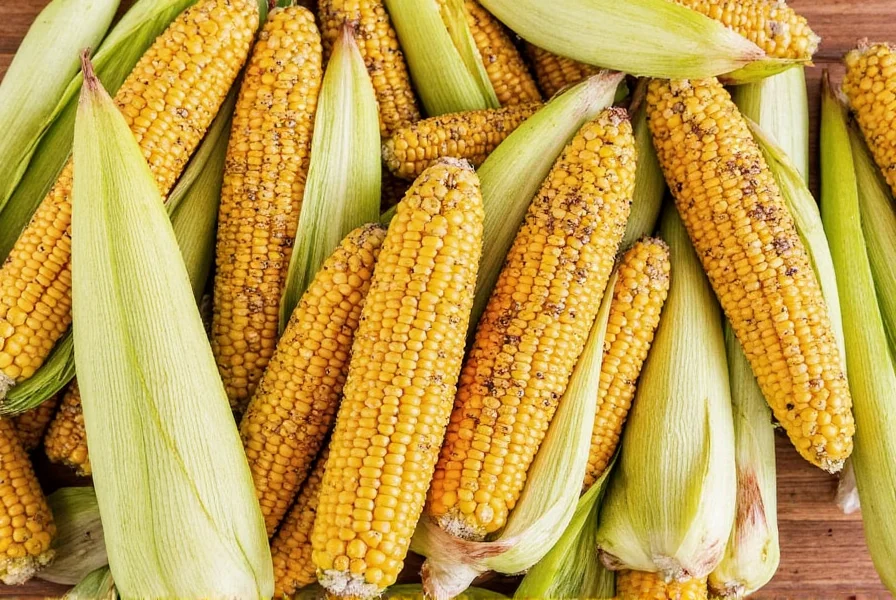The Secret to Crispy, Flavorful Fries: A Guide to the Perfect French Fries Seasoning
Table of Contents
Introduction to French Fries Seasoning
There’s something undeniably satisfying about a perfectly seasoned french fry. Whether you’re making them at home or enjoying them at your favorite burger joint, the right seasoning can elevate a simple potato into a flavor-packed masterpiece. That’s where French Fries Seasoning comes in.
French fries seasoning is more than just salt and pepper—it's a blend of spices that adds depth, crunch, and a hint of savory goodness to every bite. It’s the secret ingredient that makes your homemade fries stand out from the crowd.
In this article, we’ll dive deep into what makes French fries seasoning special, how to use it effectively, and how to choose the best one for your needs. Let’s get started!
Key Ingredients in French Fries Seasoning
While there are many variations of French fries seasoning on the market, most blends share a few common ingredients. Here are the key components you should look for:
- Salt: The foundation of any good seasoning, salt enhances the natural flavor of the potatoes.
- Paprika: Adds a smoky, slightly sweet note that complements the crispy texture of fries.
- Garlic Powder: Provides a subtle but rich garlic flavor without the need for fresh cloves.
- Onion Powder: Adds a savory depth that pairs beautifully with the other ingredients.
- Black Pepper: Adds a bit of heat and complexity.
- Herbs (like thyme or oregano): Some blends include dried herbs for extra layers of flavor.
Some seasonings also include MSG or cornstarch for extra crispiness. Others may even feature a hint of cayenne for a spicy kick.

Practical Tips for Using French Fries Seasoning
Using French fries seasoning doesn’t have to be complicated—just follow these easy tips to get the most out of your seasoning:
- Use it after frying: For the best results, sprinkle the seasoning over hot fries while they're still warm. This allows the spices to stick better and infuse the fries with flavor.
- Don’t overdo it: A little goes a long way. Start with a small amount and add more if needed.
- Mix it in before frying: If you want a more evenly distributed flavor, toss the raw potato slices with seasoning before frying.
- Pair it with oil: A light coating of oil helps the seasoning adhere to the fries and creates a crispier texture.
- Experiment with flavors: Try different blends or add your own twists like chili powder, cheese powder, or even nutritional yeast for a unique taste.
Remember, the goal is to enhance the natural flavor of the fries, not overpower them. With a little practice, you’ll find the perfect balance that works for you.
Buying Guide: Choosing the Right French Fries Seasoning
If you're looking to buy a high-quality French fries seasoning, here are some factors to consider:
| Feature | Description |
|---|---|
| Ingredients | Look for seasonings with minimal additives and real, recognizable ingredients. |
| Flavor Profile | Choose a seasoning that matches your taste preferences—whether you like it salty, spicy, or herbaceous. |
| Brand Reputation | Opt for well-known brands with positive reviews and consistent quality. |
| Usage Scenarios | Some seasonings are designed for specific uses, such as for oven-baked fries, deep-fried fries, or even as a topping for nachos. |
| Price | Consider your budget, but don’t compromise on quality—especially if you use it often. |
Here are a few top-rated French fries seasonings that are worth trying:
- Chef’s Choice French Fry Seasoning: Known for its bold flavor and versatility, this seasoning is perfect for both home cooks and professional chefs.
- SpiceMaster Classic Fries Blend: A fan favorite, this blend offers a balanced mix of paprika, garlic, onion, and black pepper.
- Crunchy Crunch Seasoning: Ideal for those who love extra crispiness, this seasoning includes cornstarch for a golden, crunchy finish.
Whether you’re making a family meal, hosting a party, or simply craving a snack, choosing the right seasoning can make all the difference.
Common Mistakes to Avoid
Even experienced cooks can fall into a few common pitfalls when using French fries seasoning. Here are a few mistakes to watch out for:
- Over-seasoning: Too much seasoning can mask the flavor of the potatoes and make the fries too salty or overwhelming.
- Using old seasoning: Spices lose their potency over time, so always check the expiration date or smell the seasoning to ensure it's still fresh.
- Not adjusting for recipe type: Some seasonings work better with certain cooking methods—like oven vs. deep-fry.
- Ignoring texture: A seasoning that’s too wet or too dry can affect the final texture of your fries.
By avoiding these mistakes, you'll be on your way to consistently delicious, perfectly seasoned fries every time.
Conclusion
French fries seasoning is more than just a convenience item—it's a game-changer in the world of fried potatoes. With the right blend of spices, you can transform ordinary fries into an irresistible treat that satisfies every craving.
Whether you're a seasoned chef or a kitchen novice, understanding how to choose and use French fries seasoning will help you achieve restaurant-quality results at home. So next time you make fries, don’t forget to give them the flavor boost they deserve.
Remember, the key to great fries is not just the oil or the cut, but the seasoning that brings it all together. And with the right seasoning, your fries will never be boring again.










 浙公网安备
33010002000092号
浙公网安备
33010002000092号 浙B2-20120091-4
浙B2-20120091-4